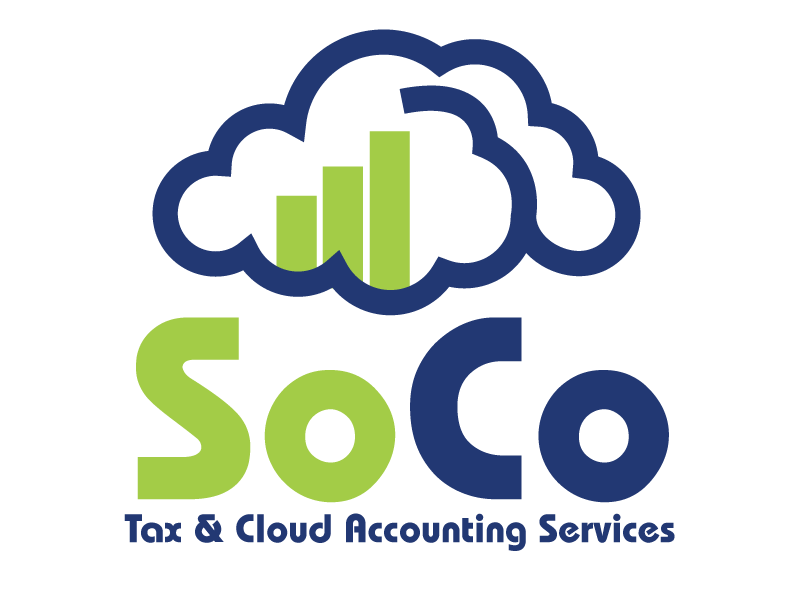20 Accounting Terms for the Informed Business Owner
As a business owner, it is daunting enough to tackle your finances and stay on top of record keeping, let alone knowing all the terminology involved when taking care of the books or corresponding with your accountants and other professionals. Below are twenty essential accounting terms that every business owner and entrepreneur should be familiar with.
Assets
Assets are everything that a company owns. This includes equipment, property, land, cash, and tools. These are considered tangible. Intangible assets include stock, copyrights, patents, and trademarks.
Bad Debt Expense
This is defined as an entry on a company’s income statement that tracks non-collectible accounts receivable (i.e. “bad debt“) during a specific period of time.
Balance Sheet
A balance sheet is simply an overview of a company’s financial status, including assets, liabilities, and equity.
Accounts Receivable
Accounts receivable includes money owed by customers to another company or person as payment for goods and/or services. On a company balance sheet, it is defines as an asset because the clients are legally obligated to pay this.
Accruals
This is a list of expenses that are incurred but not yet paid, or a list of sales that have been completed but not billed.
Capital
This is defined as the amount of money a company has to invest or spend on necessary items for the business. It is often referred to as “working capital.”
Depreciation
This is defined as an item’s value decreasing over time. It is essential for tax purposes, as larger pieces of equipment that directly impact the company’s business can be written off on tax returns based on depreciation.
Variable Expense
Variable expenses are linked to the business’s production. These costs can go up or down based on increases and decreases in production.
Dividends
Dividends are company earnings that are distributed on a regular basis to company shareholders. Dividend amounts or percentages can be issued as cash, shares of stock or other property.
Equity
Equity is the amount of money invested in the company by its owners. If the company is small with only a few owners, it can be referred to as “owner’s equity.” If the company has many different owners, equity can also refer to ownership collectively held by shareholders.
Fixed Expense
Fixed expenses stay consistent from month-to-month and year-to-year. This typically includes expenses like salaries, rent and so forth. These costs are not affected by fluctuations in sales, production or the market.
Operational Expense
Operational expenses are costs that are necessary for a company to conduct business.
Fiscal Year
A fiscal year is a period of time that a company uses for accounting purposes and to prepare financial statements. The fiscal year can coincide with the calendar year; however, it can also be different, such as October to September or July to June. Fiscal-year start and end dates are normally determined by the company and may depend on how long it will take to close out the books for the year.
Forecasting
This is the process of using a company’s historical financial data to predict future business trends, forecasting is typically used by organizations to best estimate budgets for an upcoming period of time. This often includes supply and demand figures, sales records, and expenses.
General Ledger
This is the complete recording of a company’s financial transactions over the lifetime of the organization.
Profit and Loss Statement (also known as Income Statement)
A profit and loss statement is a report generated by the company or its accountant that lists earnings, expenses, and net profits for a given period of time.
Liabilities
Liabilities are debts that a company is responsible to pay short or long term.
Accounts Payable
This includes any bills you have yet to pay for your small business. The sum of all your accounts payables are listed as a current liability on your balance sheet.
Tax Credit
This number is subtracted from the final amount of taxes you owe the IRS come tax season. If you have $1,000 worth of tax credits and you owe $8,000 in taxes, you’ll only pay $7,000.
Revenue
Income received by a business due to normal business activities (like the sales of goods or services to customers) are considered business revenue. Some businesses will also receive revenues from royalties, dividends or interest paid to them from other companies.

